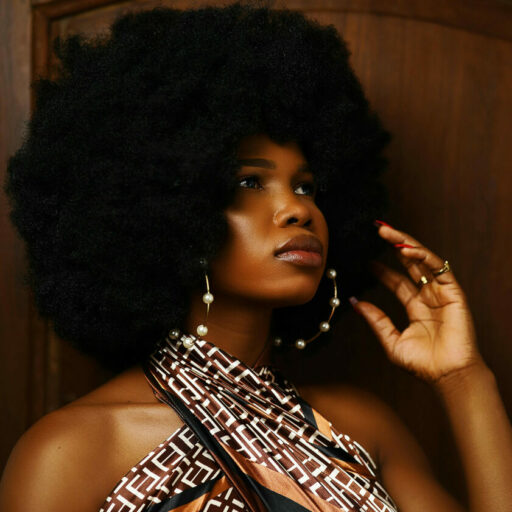Tag: coconut oil
-

The Ultimate Guide to Detangling Natural Hair: Tips and Tricks
Get smooth, frizz-free natural hair with our guide to detangling. Learn how to use the right tools, detanglers, and techniques for easy, pain-free detangling.

Get smooth, frizz-free natural hair with our guide to detangling. Learn how to use the right tools, detanglers, and techniques for easy, pain-free detangling.